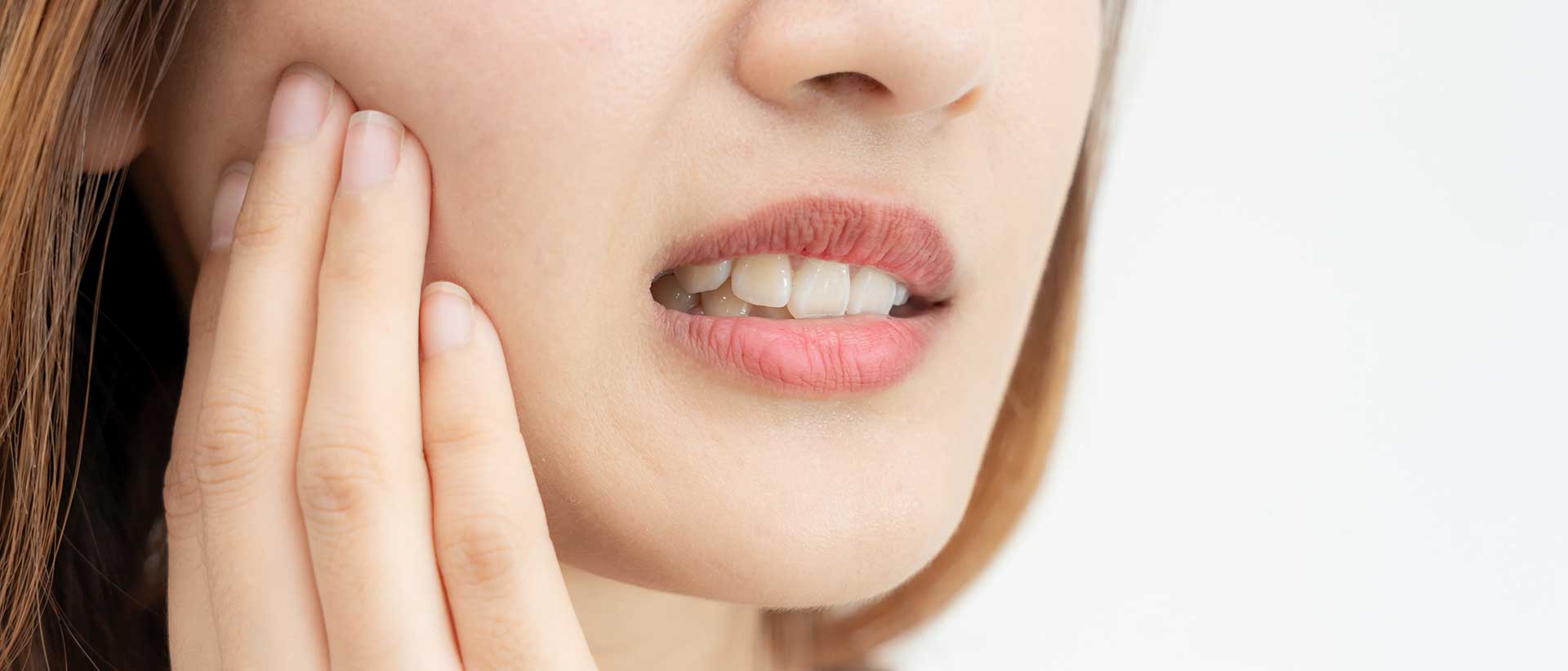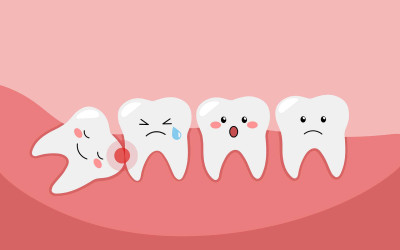Recommendations for Sensitive Teeth: Priceless Tips from Dentists

Recommendations for Sensitive Teeth: Priceless Tips from Dentists
- 18 September 2024
- 2725 views
Discover priceless tips from dentists for managing tooth sensitivity. Read these recommendations now to protect your dental health!
This content is for informational purposes only and does not replace medical advice, diagnosis, or treatment. Please consult a healthcare professional for any health concerns.
Table of Contents
Tooth sensitivity is a common issue experienced by many people. Cold, hot, sweet, or acidic foods and drinks can cause pain and discomfort in sensitive teeth. Tooth sensitivity can significantly affect the quality of daily life and lead to concerns about dental health. Fortunately, dentists can offer effective recommendations to manage and alleviate this discomfort.
Recommendations for Tooth Sensitivity
Here are some priceless tips for sensitive teeth:
Use Toothpaste Specifically for Sensitivity
Toothpaste formulated specifically for sensitive teeth can help reduce sensitivity. These toothpastes strengthen the tooth enamel and create a protective barrier over the nerve endings in the teeth.
- Fluoride Toothpaste: Toothpaste containing fluoride can strengthen tooth enamel and reduce sensitivity.
- Gentle Brushing: Use toothpaste gently and brush your teeth with soft motions.
Use a Soft-Bristled Toothbrush
Hard-bristled toothbrushes can irritate the gums and enamel, potentially increasing sensitivity. Soft-bristled toothbrushes help to reduce sensitivity while cleaning your teeth gently.
Select a soft-bristled toothbrush and brush your teeth gently. Avoid applying excessive pressure while brushing. Use soft, circular motions.
Avoid Acidic Foods
Acidic foods and drinks can erode tooth enamel and increase sensitivity. These types of foods have an acidic effect that doesn’t provide protective benefits for the teeth.
- Acidic Foods: Limit acidic foods and drinks such as lemons, citrus fruits, carbonated beverages, and vinegar.
- Rinse Your Mouth: After consuming acidic foods, rinse your mouth with water and avoid brushing your teeth immediately.
Use Fluoride Toothpaste and Mouth Rinses
Fluoride helps to strengthen tooth enamel and can reduce tooth sensitivity. It also decreases the risk of tooth decay, supporting overall dental health.
Strengthen your teeth by using fluoride toothpaste and mouth rinses. Your dentist can recommend suitable fluoride treatments and oral care products.
Use Protective Dental Products
Protective dental products can shield your teeth from physical impact and reduce sensitivity. They are particularly useful for athletes or those with bruxism (teeth grinding).
- Protective Tooth Covers: Your dentist may recommend protective covers (guards) for your teeth.
- Bruxism Treatment: If you have a habit of grinding or clenching your teeth, your dentist may suggest an appropriate night guard.
Brush Your Teeth Correctly
Your brushing technique can affect tooth sensitivity. Incorrect technique and excessive pressure can damage the gums and enamel.
- Gentle Brushing: Brush your teeth gently and avoid damaging the gums.
- Brushing Duration: Brush your teeth twice a day, each time for two minutes.
Regular Dental Check-Ups
Regular visits to the dentist are important for identifying and treating the causes of tooth sensitivity. Your dentist can monitor your dental health and provide personalized recommendations.
See your dentist at least twice a year and regularly check your dental health. Inform your dentist about any issues or changes related to sensitivity.
Remember, dental health is an important part of your overall health and requires proper care. If you need more information or personalized advice on tooth sensitivity, don’t hesitate to contact your dentist. Taking necessary precautions ensures a healthy mouth and smile, which significantly impacts your quality of life.







